The history of car design is deeply intertwined with advances in safety, reflecting changing technologies and priorities over time. Here are fifteen key points that illustrate how car design has evolved to improve safety:
1. Early 1900s: Crumple Zones
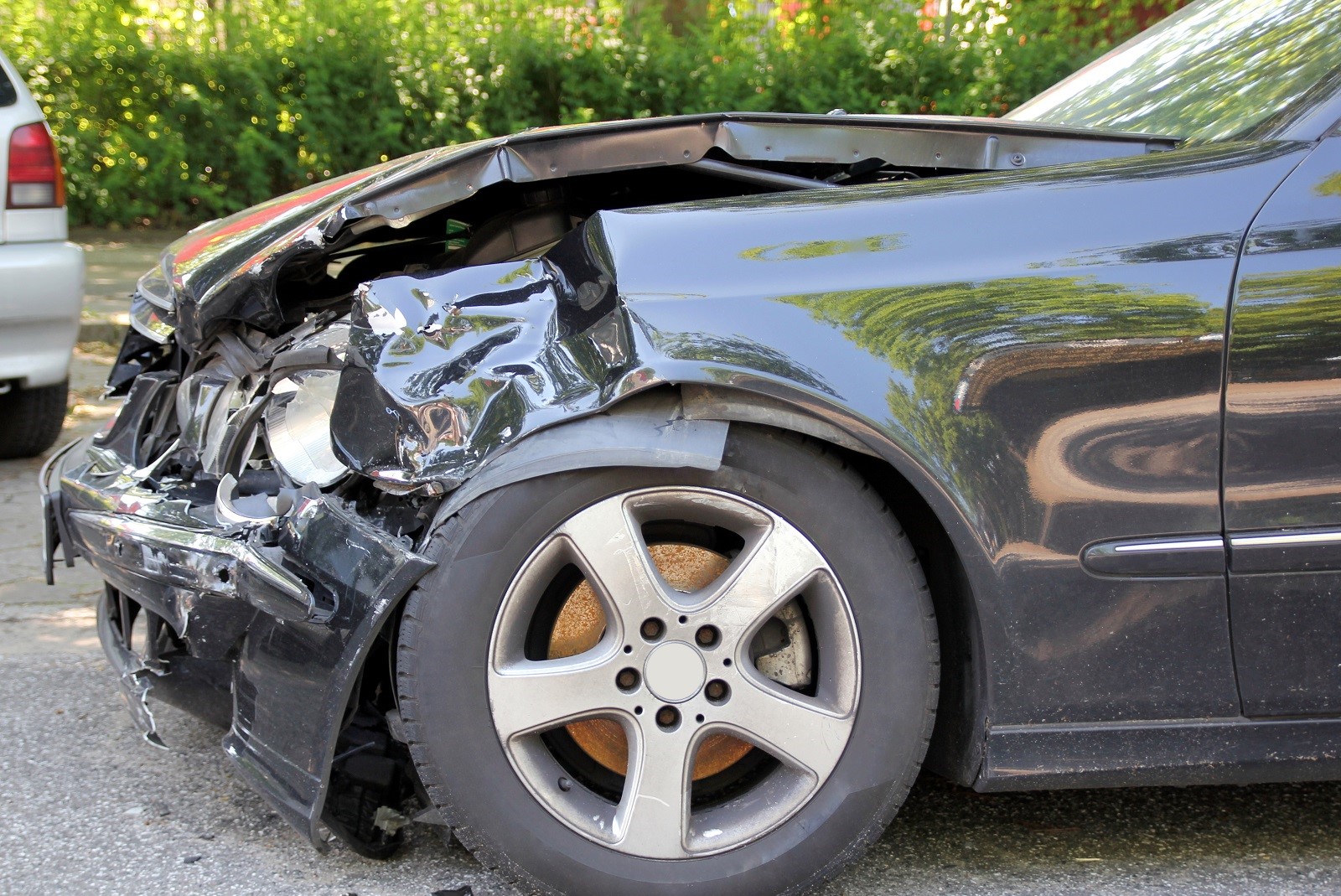
Image Credit: Shutterstock / Hieronymus Ukkel
The concept of crumple zones was introduced to absorb the impact of a crash, protecting the occupants.
2. 1930s: Safety Glass

Image Credit: Shutterstock / MMD Creative
Shatter-resistant glass became standard to protect passengers in the event of a collision.
3. 1940s: Padded Dashboards
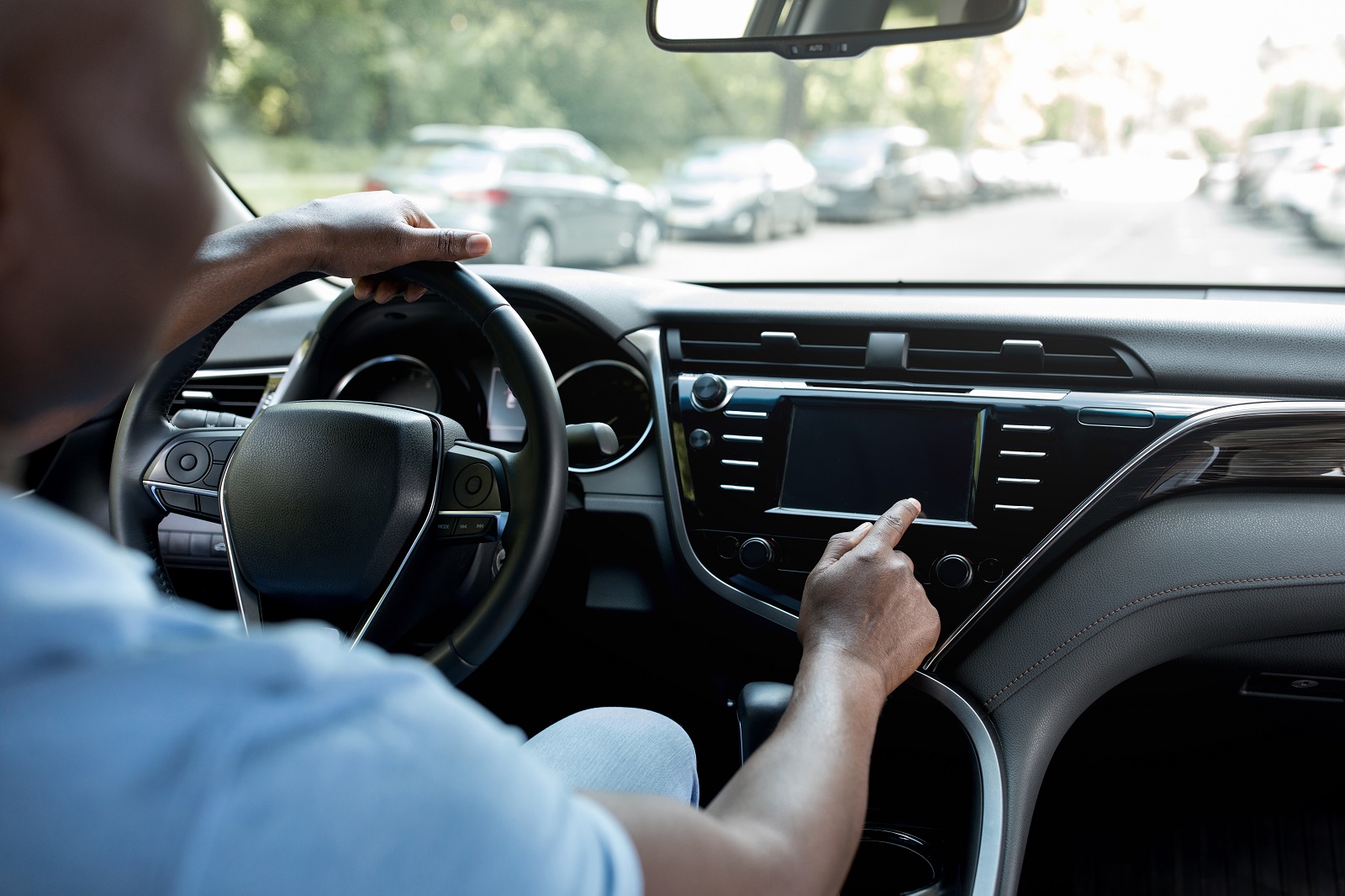
Image Credit: Shutterstock / Prostock-studio
Soft, padded dashboards were introduced to reduce injuries during crashes.
4. 1950s: Seat Belts

Image Credit: Shutterstock / The Image Engine
Although invented earlier, seat belts began to gain popularity as a standard safety feature during the 1950s.
5. 1960s: Collapsible Steering Columns
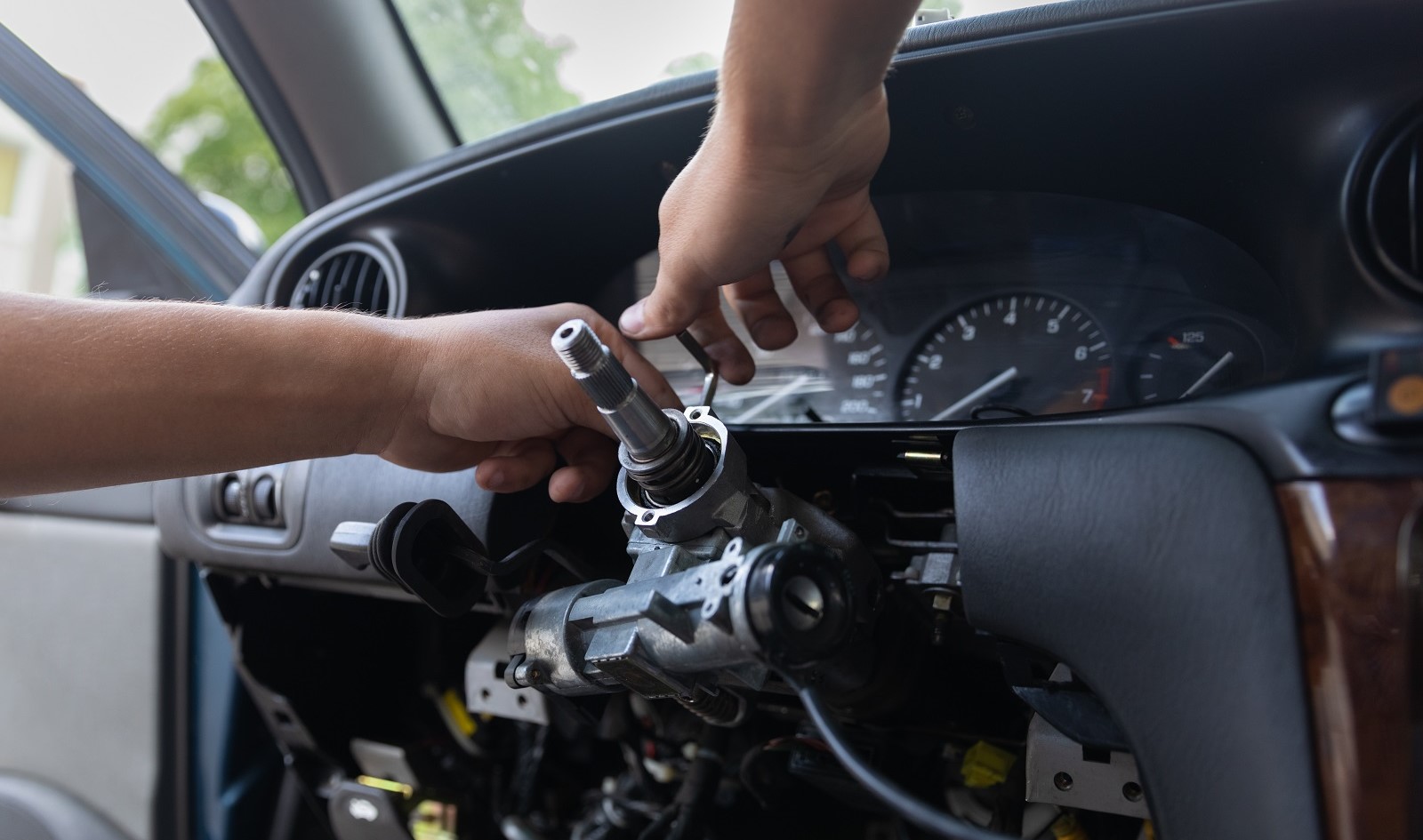
Image Credit: Shutterstock / LY photographer
Steering columns were designed to collapse on impact to reduce the risk of chest and facial injuries.
6. 1970s: Airbags

Image Credit: Shutterstock / Attapon Thana
Airbags started to become a common feature in vehicles, greatly enhancing occupant safety during collisions.
7. 1980s: Anti-lock Braking Systems (ABS)
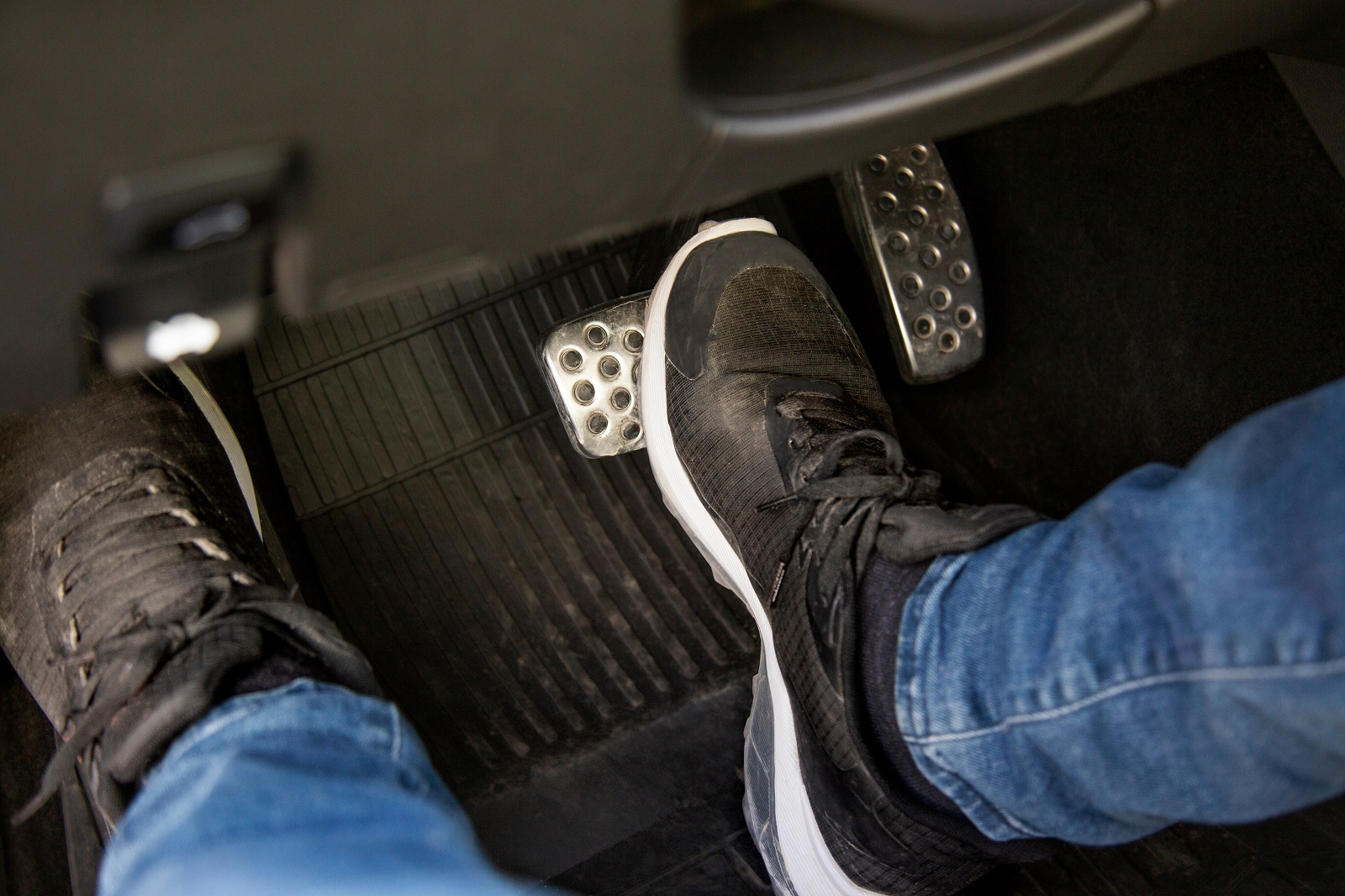
Image Credit: Shutterstock / Selena3726
ABS technology was widely adopted, helping prevent wheel lockup and maintain steering control during a braking event.
8. 1990s: Side Impact Airbags
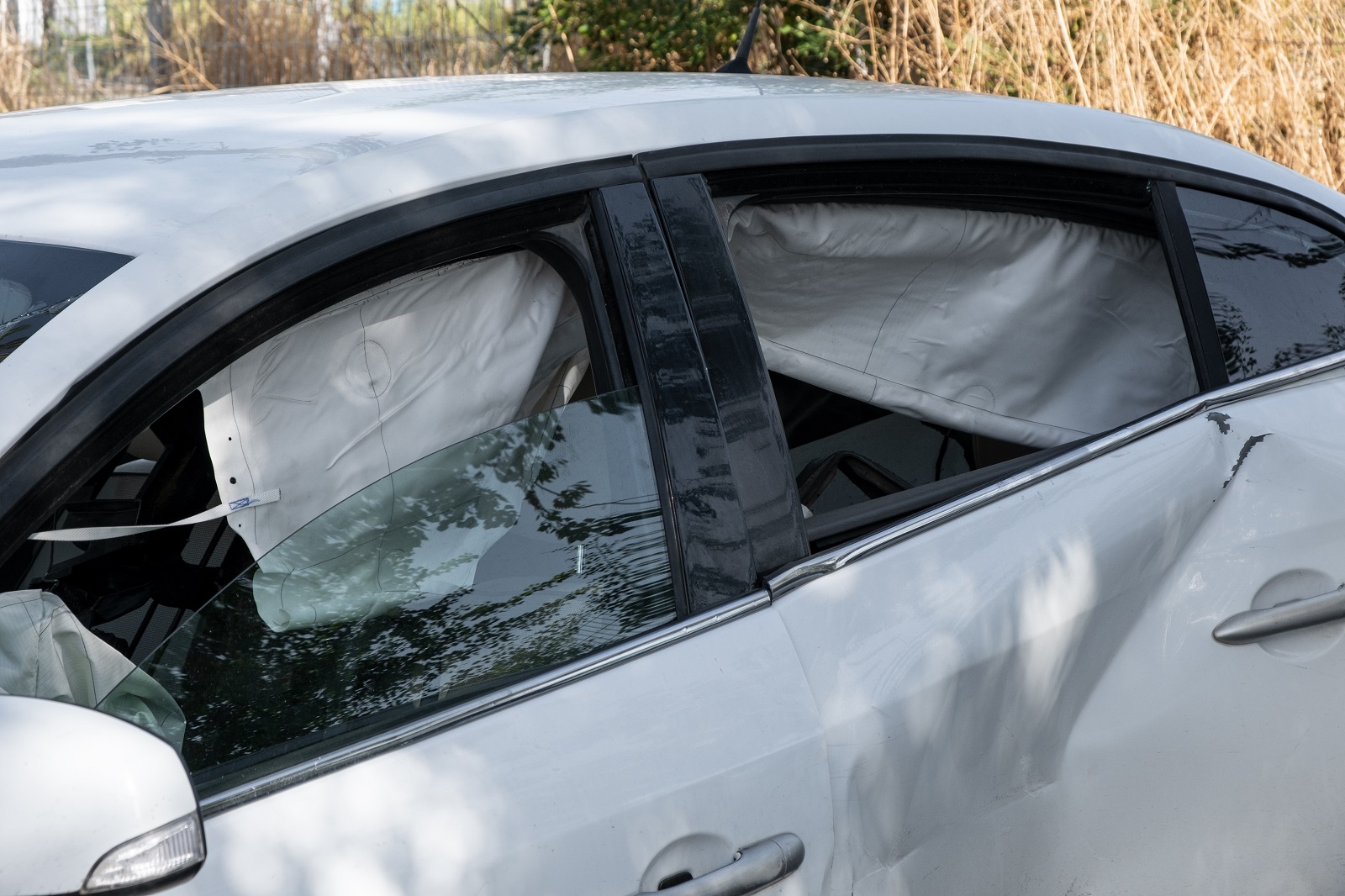
Image Credit: Shutterstock / ArieStudio
Alongside front airbags, side impact airbags were developed to protect passengers in broadside collisions.
9. 2000s: Electronic Stability Control
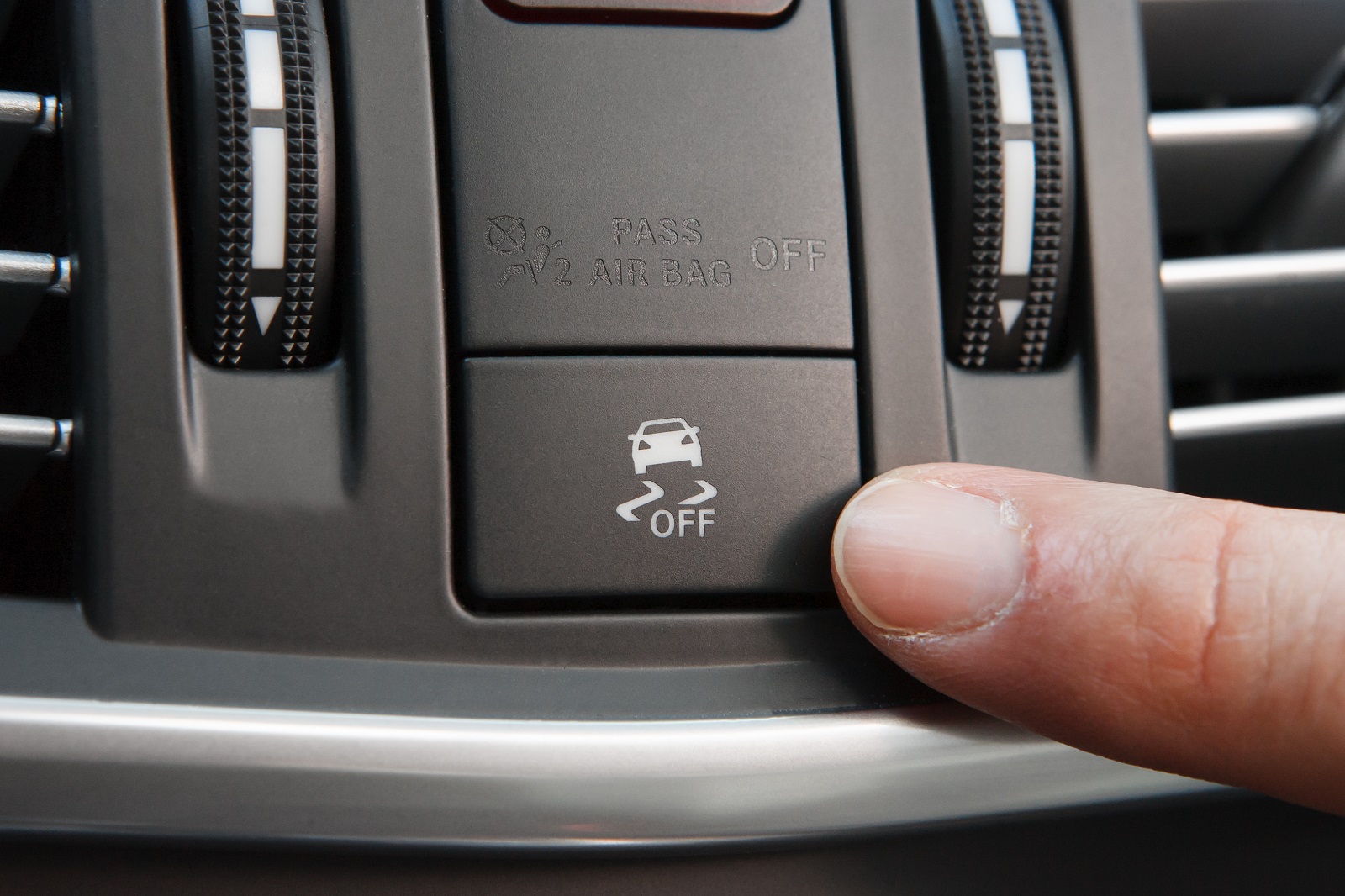
Image Credit: Shutterstock / Luis Viegas
This became mandatory in many countries, preventing cars from skidding and contributing to safer handling.
10. 2010s: Rear-View Cameras
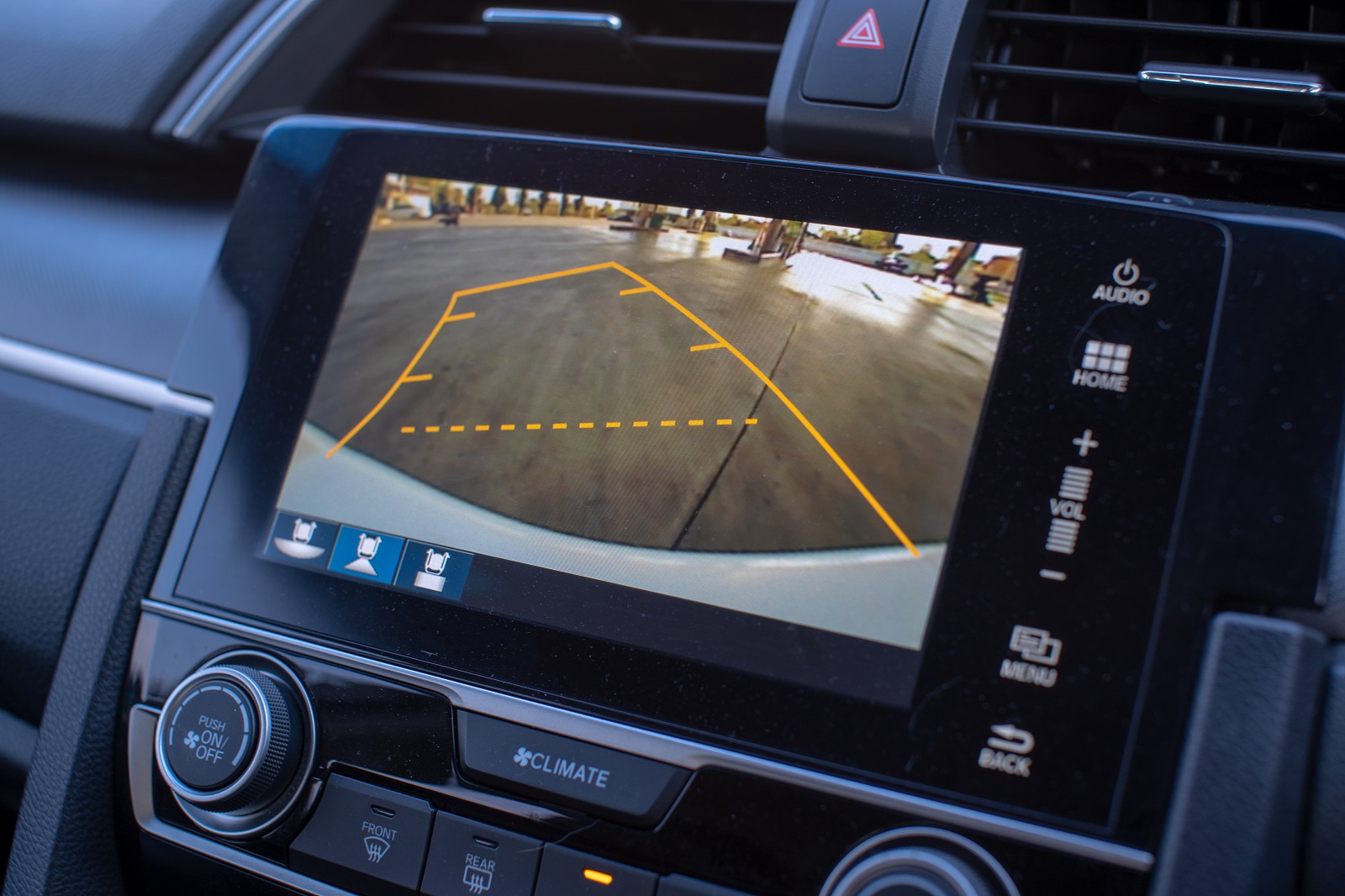
Image Credit: Shutterstock / M2020
Mandatory rear-view cameras were introduced to help prevent backover accidents.
11. Crash Test Ratings

Image Credit: Shutterstock / Yuriy K
Standardized crash testing began influencing design, with cars engineered to meet higher safety standards.
12. Pedestrian Safety Features
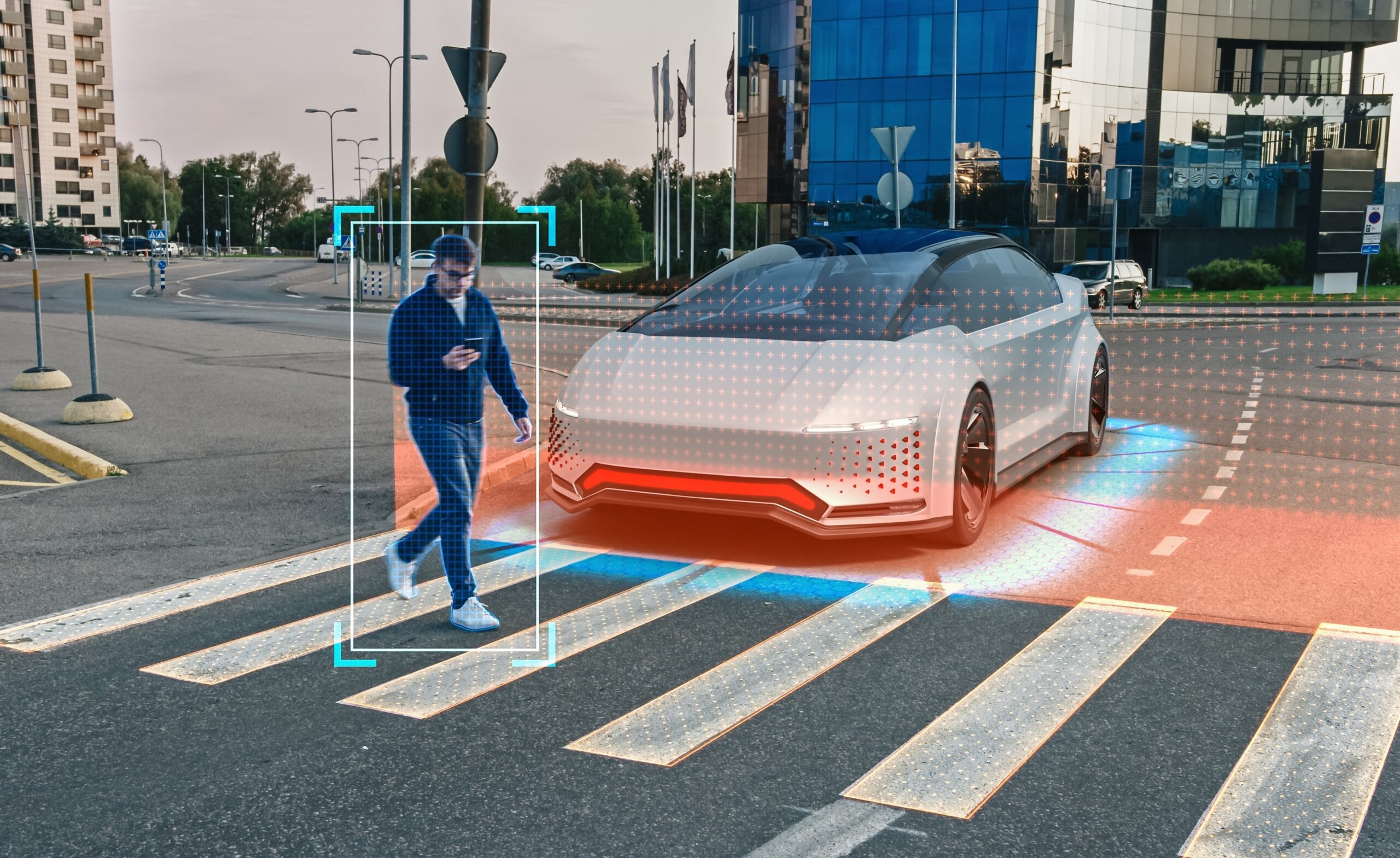
Image Credit: Shutterstock / Gorodenkoff
Exterior designs evolved to reduce injuries in accidents involving pedestrians.
13. Advanced Driver-Assistance Systems (ADAS)

Image Credit: Shutterstock / metamorworks
Technologies like automatic braking and lane-keeping assist started to become standard, enhancing vehicle safety.
14. Child Safety
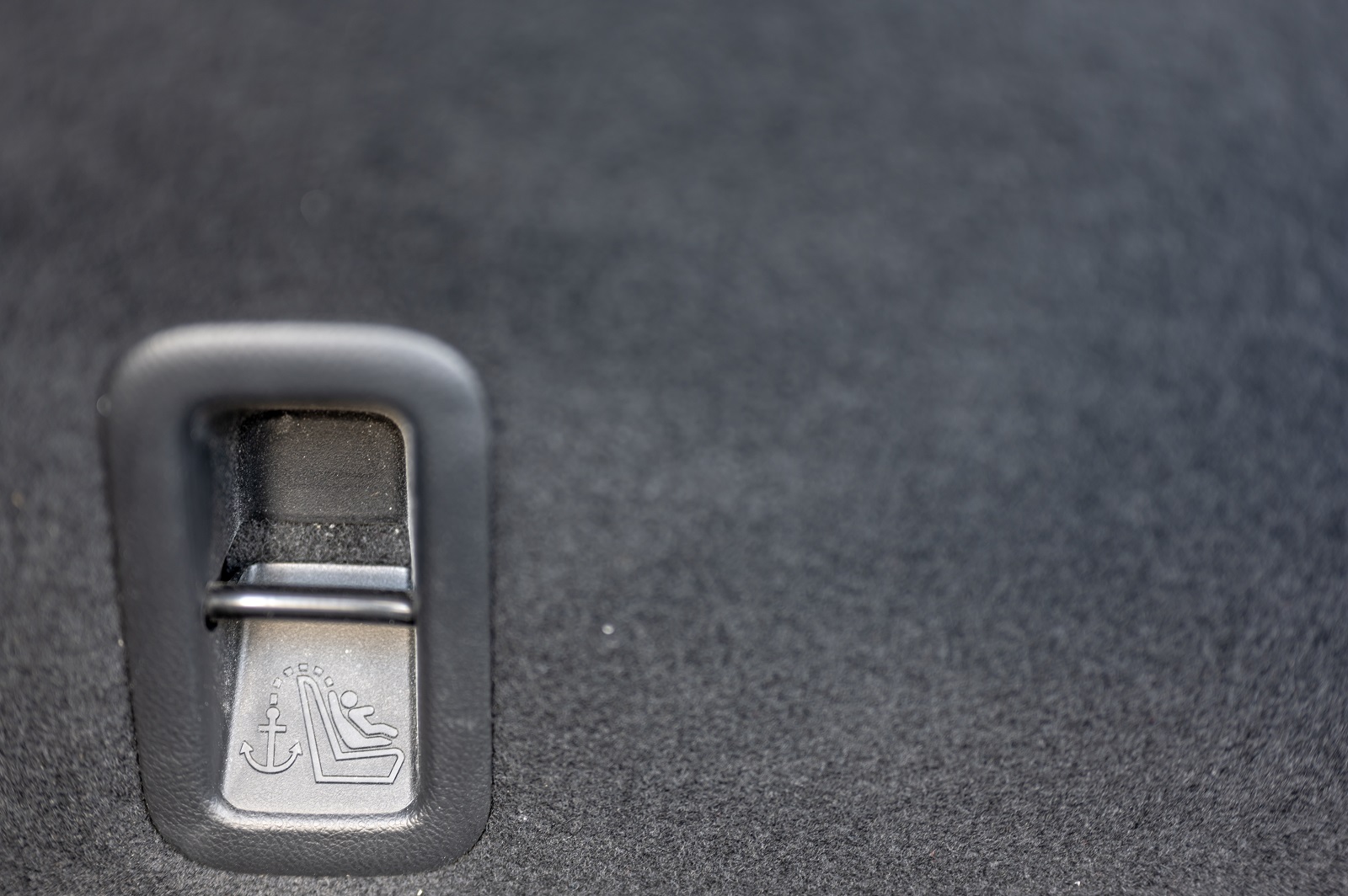
Image Credit: Shutterstock / Lost_in_the_Midwest
Improvements in child seat design and the integration of LATCH (Lower Anchors and Tethers for Children) systems improved protection for young passengers.
15. Vehicle-to-Vehicle Communication
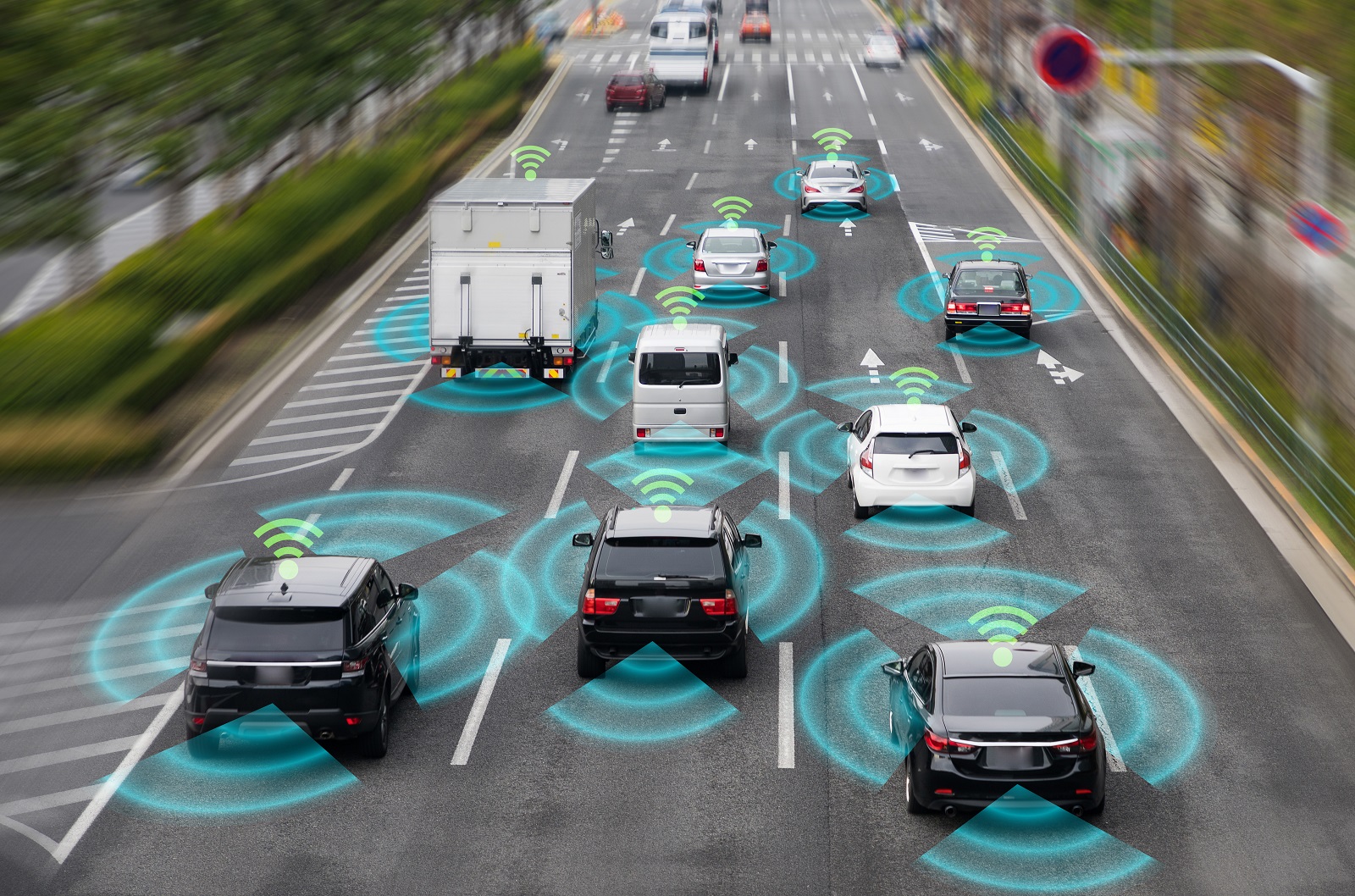
Image Credit: Shutterstock / metamorworks
Developments in V2V communication hold the promise of significantly reducing accidents by allowing cars to transmit and receive information about their surroundings.
Safer by Design

Image Credit: Shutterstock / Gorodenkoff
Each step in the evolution of car design reflects a deeper understanding of safety, with ongoing innovations promising even safer future roadways.
2024’s Most Anticipated Car Releases: What’s Coming Soon

Image Credit: Shutterstock / canadianPhotographer56
If you love cars, 2024 is shaping up to be an exciting year. New models are rolling out with more power, better tech, and some fresh designs that could change the game. Here’s the scoop on the top cars hitting the streets soon. 2024’s Most Anticipated Car Releases: What’s Coming Soon
21 Mods That Make Your Car Illegal

Image Credit: Shutterstock / macondo
Car modifications can enhance style and performance, but not all modifications are legal. Here are 21 illegal car modifications that can get you in trouble with the law across various states. 21 Mods That Make Your Car Illegal
10 American Classic Cars That Define a Generation
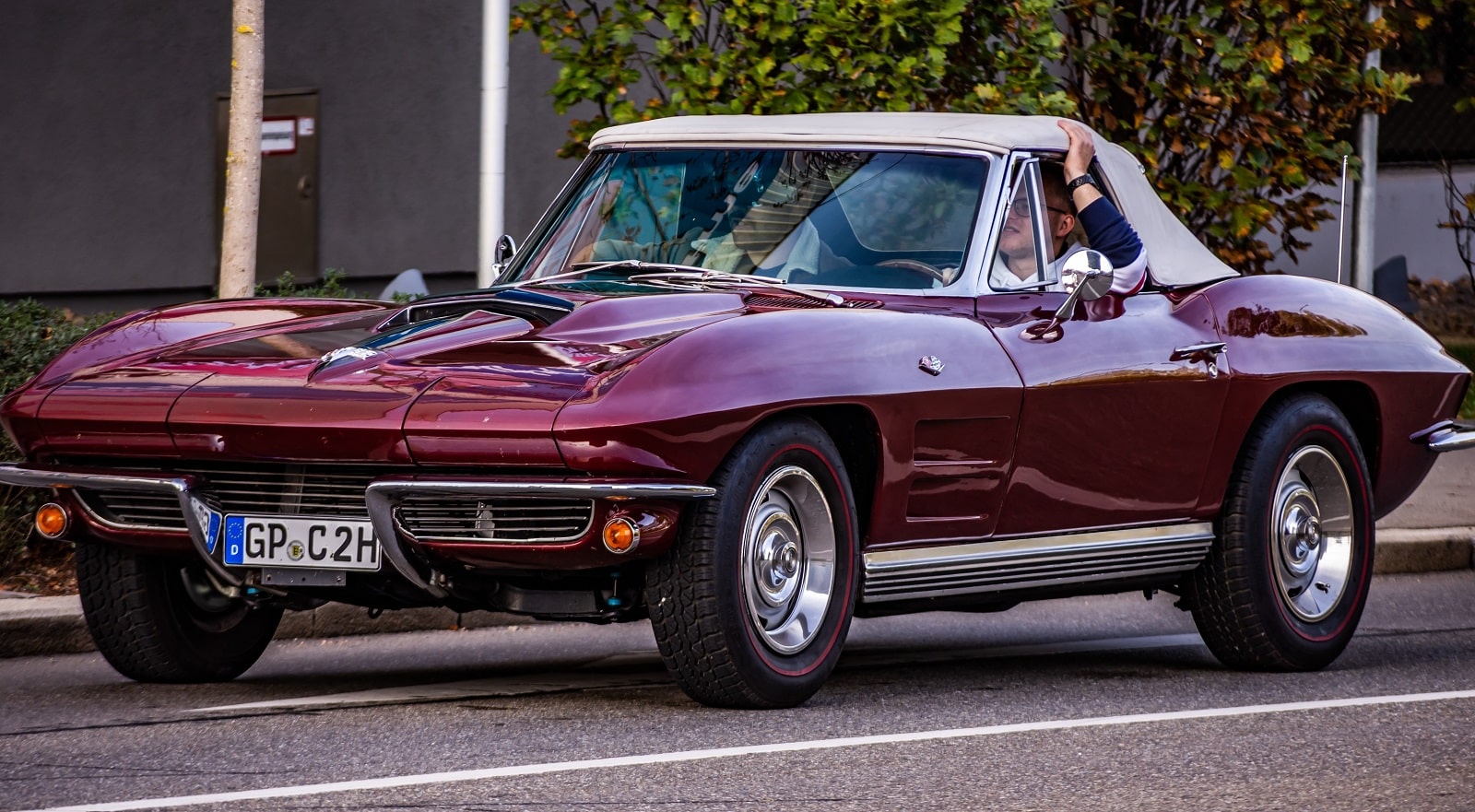
Image Credit: Shutterstock / Krisz12Photo
American classic cars are symbols of their eras, each telling a story of its time and capturing the essence of car culture. Here are ten classics that defined generations. 10 American Classic Cars That Define a Generation
The post The Evolution of Car Design: Safer Cars Through Smarter Engineering first appeared on Mechanic Insider.
Featured Image Credit: Shutterstock / Aree_S.
For transparency, this content was partly developed with AI assistance and carefully curated by an experienced editor to be informative and ensure accuracy.
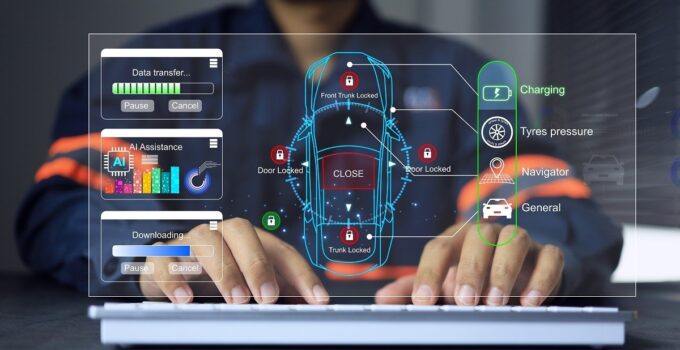


![5.7 Hemi Problems – [Common Issues] 5.7 Hemi Problems – [Common Issues]](https://mechanicinsider.com/wp-content/uploads/2020/11/5-7-hemi-problems-211x150.jpg)